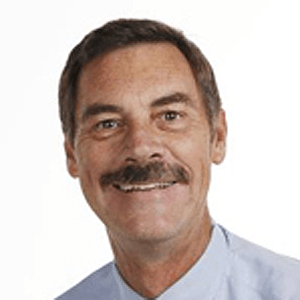
I’ve always loved a fast-paced, well-written mystery that takes readers on a spellbinding journey. As a kid, I was an Agatha Christie addict. My all-time favorite Agatha Christie novel is “Then There Were None,” the novel that hooked me on whodunits. . . People love a good mystery, including whodunits disguised as TV shows like “Major Crimes,” “Law & Order” “Monk” and “Cold Case.” It’s always been that way whether it was a black-and-white “Perry Mason” courtroom drama or TV shows like “Murder She Wrote,” “Columbo” or “Matlock.” I contend a lot of mystery viewers/readers enjoy a fast-paced mystery to discover the why (motive) as much as the (who).
What do you find most challenging about the writing process, and how do you deal with it?
The biggest challenge for me is describing the story that’s imbedded in my mind to where a reader sees the exact same things I see. As for “dealing with it,” I’ve discovered a formula that works well for me. My formula? For my second novel, I assembled a six-person All-Star Reading Team — four women and two men — who provided everything from feedback on the characters and plot to taking out a red pen and helping me edit the manuscript. My All-Star Reading team, which I hand selected, has read a collective 5,000 novels in their lifetimes. It’s comforting to know my AllStar Reading team “has my back” and will help me polish my manuscript.
When and where do you do your writing?
I do most of my writing on my home computer in my office. However, I have discovered it’s beneficial to “get away.” Two or three times during the writing process of each story I borrow a friend’s lake house that’s 150 miles from my day-today routine. It’s a tremendous blessing to have a location where I can focus entirely on the book without any distractions. . . Concerning the “when I write” part of the question, I’ve always been a night owl. It’s no coincidence a lot of my best writing occurs from 7 p.m. until 4 a.m. (A humorous example: My wife often gets up at 5 a.m. to walk the dogs before she goes to work. Several times when’s she’s gotten up to start her day, she’s blown away that I spent the entire night working on my latest project).
What have you learned about promoting your books?
That readers literally have one million options which makes it extremely difficult for a new author to gain visibility. Since a self-published author does all the work themselves, they face many challenges ranging from making sure the manuscript is publishing-house-quality edited to finding someone to design an eBook cover. What’s humbling is I’ve realized I still have a lot to learn about the “social media” aspect of marketing an eBook. . . I am encouraged early reviews on Dream Killer have validated it’s a fast-paced, page-turner packed with twists and turns which is essential to writing a fun, entertaining mystery.
What are you most proud of as a writer?
During my sportswriting career, I was fortunate some of my stories won national awards. One story was selected one of the top five sports features in the country that particular year. But as I tell friends, it was the “subject” as much as the “writer” which is why for a novelist writing a captivating plot is critical. (FYI: The nationally recognized story featured an Oklahoma State player who became only the second “deaf” player in Division I football history, an inspiring story that inspired me). . . I also was humbled and honored last year when my alma mater, Oklahoma Christian University, voted me into its Sports Hall of Fame, the first “media” person ever inducted.
If you could have dinner with any writer, living or dead, who would it be and what would you talk about?
John Grisham. I admire his amazing storytelling skills. Since I’m familiar with his background, I know he loves baseball. Because my first two mysteries have a fictitious Major League Baseball team as the backdrop, if I ever had the opportunity to sit down and talk with John Grisham one-on-one, his insight into the publishing industry would be invaluable. The bottom line is it would be a lot of fun to trade a few baseball stories while I picked his brain.
A former sportswriter, Mike Baldwin has transitioned to becoming a full-time novelist who specialists in mysteries that feature female lead characters; classic whodunits that appeal to mystery fans of all ages and gender.
His niche is fast-paced stories about dynamic female lead characters involved in plots packed with twists and turns, capped by surprise endings. Sprinkling in humor, Mike injects thought-provoking elements to introduce readers to new experiences while they’re being entertained by a fun story.
Mike’s favorite author is John Grisham because of his unique storytelling skills. He enjoys a well-written mystery whether it’s a page-turning novel or TV shows like Law & Order, Monk, Cold Case and Major Crimes. His favorite current series is “Suits,” simply because of the crisp, engaging dialogue. Mike’s only pet peeve is he believes many quality TV shows and commercials feature outstanding writing that rarely get the attention it deserves.
During his newspaper career, Mike covered Super Bowls and Final Fours, interviewed countless Hall of Fame athletes and coaches and was blessed his career allowed him to see the country. He attended games in 80 of the 90 NFL stadiums, NBA arenas and Major League Baseball stadiums, plus visited more than fifty college campuses.
The highlight of his career was when he wrote daily stories as a beat writer for The Oklahoman, the Oklahoma City newspaper. For seven years, he covered owner Jerry Jones’ team during the Barry Switzer era when the Cowboys were led by future NFL Hall of Famers Troy Aikman, Emmitt Smith, Michael Irvin and Deion Sanders.
Mike was humbled and honored last year when he was inducted into the Oklahoma Christian University Sports Hall of Fame (class of 2015).
DREAM KILLER eBook can be purchased at the following:
Amazon: http://ow.ly/WrBxQ
Barnes and Noble (Nook): http://ow.ly/WrBzp
Apple (iTunes, iBooks): http://ow.ly/WrBB9
Kobo: https://store.kobobooks.com/en-ca/ebook/dream-killer-1
Goodreads link: https://www.goodreads.com/user/show/49480134-mike-baldwin
Find the Author Online:
Twitter: https://twitter.com/BeatBaldwin
Website: http://mikebaldwinbooks.com/
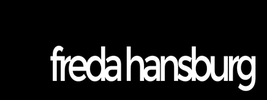
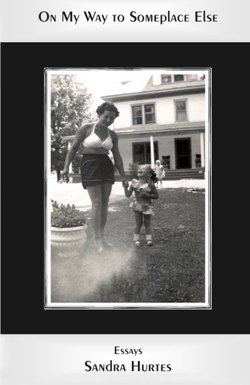
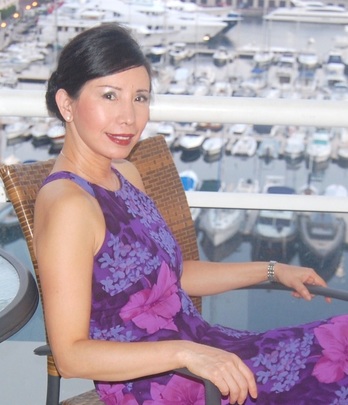
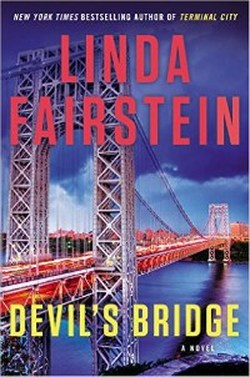
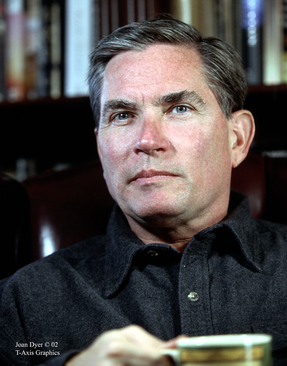
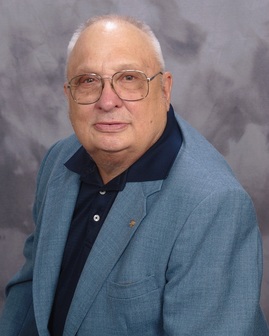
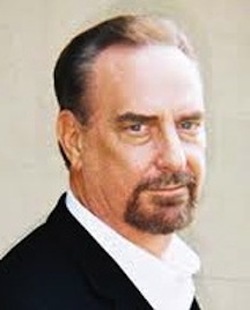
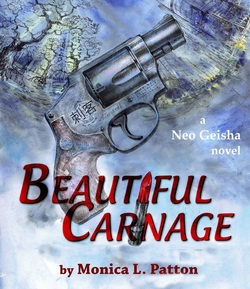
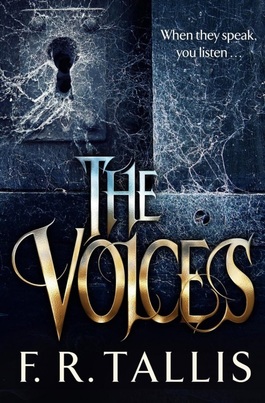
 RSS Feed
RSS Feed
